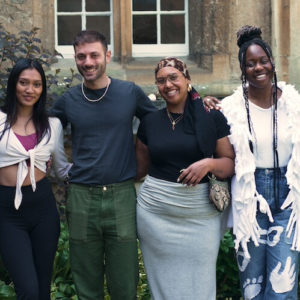
Mediale presents
Immersive Assembly vol 4: Dreams & Echoes Showcase
Tues 19-Weds 20 Nov
Cheng Kar Shun Digital Hub, Jesus College

Part of the Adventures in Consciousness Season. Co-Curated by Professor Sally Shuttleworth
Presented by The Cultural Programme
Book TicketsWednesday 20 November
Ship Street Lecture Theatre, Jesus College, Turl Street, Oxford OX1 3DW
Free entry, booking required
Ticket sales will close 3 hours before the event. There may be a limited number of tickets available on the door on a first come, first served basis
10.00am-12.30pm
Morning session – Our relationship to sleep
Doors open: 9.45am
2.15pm-5.00pm
Afternoon session – Sleeping and Dreaming
Doors open: 2pm
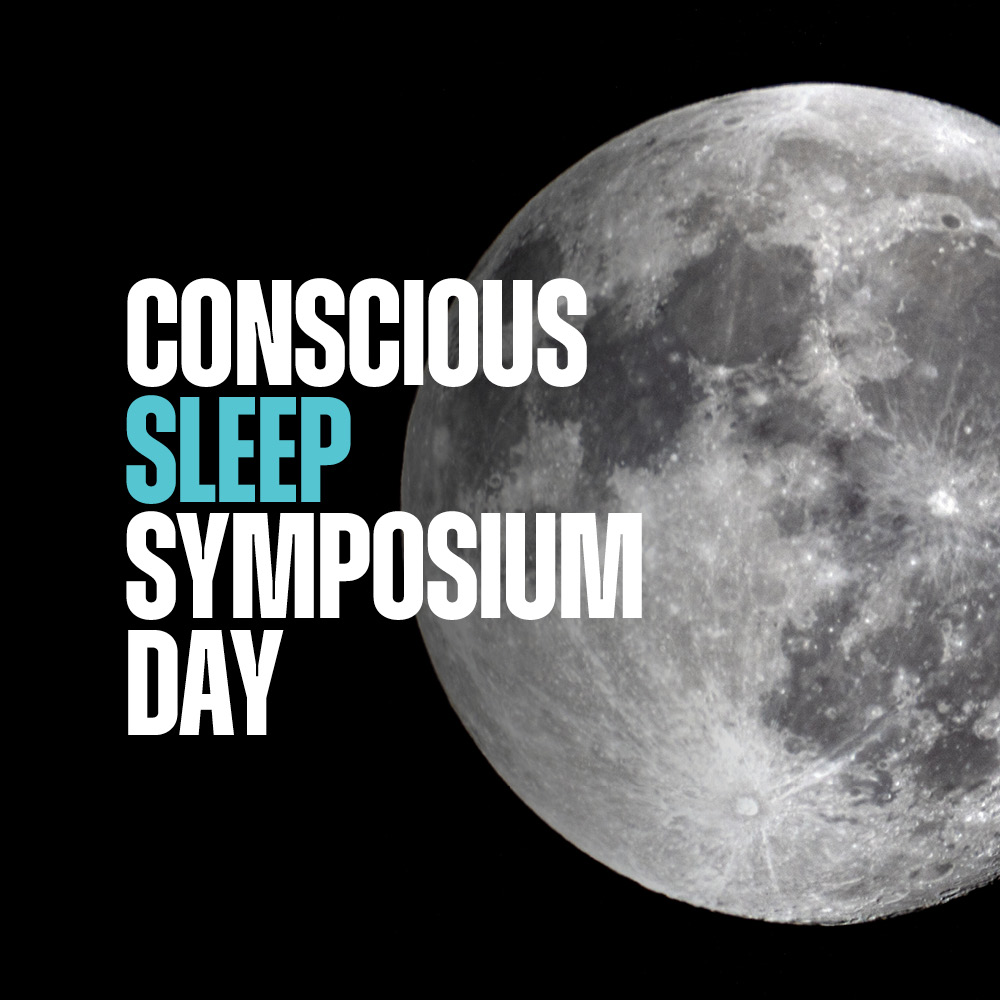
A unique day of diverse talks, panel conversations and creative activities from leading academics to creative practitioners, literary experts and DJ’s.
Mediale’s Immersive Assembly vol 4: Dreams & Echoes Showcase will be taking place in Jesus College Digital Hub, as part of the Adventures in Consciousness season and Conscious Sleep Symposium Day.
Sleep and Wakefulness in Sound
A DJ set by Michael Diamond
Wednesday 20 November, 7-9pm
Free entry, booking required.
To end the day, why not join us for an immersive evening of electronic music from DJ and medic Michael Diamond. Performed amongst the stunning surroundings of the Oxford University Museum of Natural History, the event will explore the feelings we experience between sleep and wakefulness.
10am-12.30pm
A morning of talks and discussion with world-leading academics from the University of Oxford and beyond, exploring what happens to our brains when we sleep, the link between sleep and mental health, and how our relationship to sleep has shifted over time.
The Science of Sleep
Learn about the latest developments in the science of sleep, and the circadian rhythms which govern our lives, with Professor Russell Foster, and Dr Nayantara Santhi.
Sleep and Sleeplessness through the Ages
Trace anxieties around sleep through earlier times, and the impact of work patterns and disrupted sleep on body and mind. With Professor Sally Shuttleworth, Dr Kristin Hussey and Dr Holly Fletcher.
Sleep, Scent and Sweet Bags
12.30pm – 1.15pm
1.45pm – 2.15pm
Join Dr Anna Fielding in a hands-on workshop on early modern sleep practices to see how herbs played a vital part of our relationship to sleep, and what we might learn from these early traditions and beliefs.
Drop in activity, no booking required.
Immersive Assembly Vol 4: Dreams & Echoes Showcase
Mediale has brought together six of the UK’s most exciting emerging digital artists with Oxford University academics to develop three brand new prototypes inspired by dreams and echoes. Be the first to try out new prototype digital immersive experiences for free, meet the artists and find out where the projects are going next. Book free ticket
2.15pm – 5.00pm
An afternoon of talks looking at how sleep and dreaming have been interpreted and translated in our society, from science and psychoanalytic practice, through to culture and music.
Music, Consciousness and Trance States
Ahead of his DJ set in the evening, DJ, Music Producer and medical practitioner Michael Diamond talks to Professor Eric Clarke about his creative exploration of sleep and waking states through the medium of electronic music.
Explorations of Dream States
What happens when we dream? And what can literature and the arts tell us about our relationship to our unconscious selves? Learn about the history of dream theories and psychoanalysis; strange states of mind on waking, and the experience of night terrors, with Professor Matthew Bevis, Professor Ankhi Mukherjee and Dr Tiffany Watt Smith.
Scroll down to biographies below to find out more information on speakers and panel discussions
Ship Street Lecture Theatre, Jesus College, Turl Street, Oxford OX1 3DW
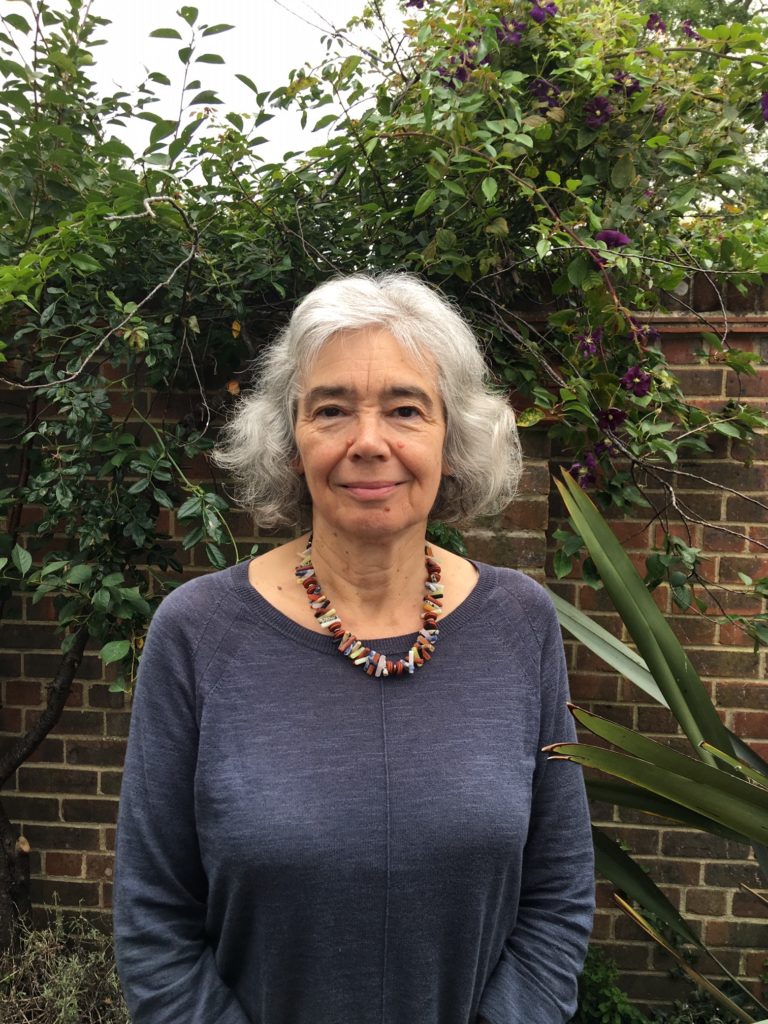

Biography
Professor Sally Shuttleworth is a Senior Research Fellow at the University of Oxford and has published widely on the inter-relations of medicine, science and literature. Recent work includes Sleep and Stress: Past and Present (2020) a special issue of Interface Focus co-edited with Russell Foster, and the co-authored Anxious Times: Medicine and Modernity in Nineteenth-Century Britain (2019), which both arose out of the European Research Council project she directed, ‘Diseases of Modern Life: Nineteenth-Century Perspectives’.
Topic
Overwork and Sleeplessness in the Victorian Age
We hear a lot these days about an epidemic of sleeplessness sweeping the globe. This talk will place these concerns in historical perspective, examining worries about loss of sleep in the Victorian era, and the forms of therapy and treatment adopted. Drawing on medical periodicals and texts, as well as more popular works, it will track the rise of anxieties around sleeplessness and insomnia, particularly for the ‘brain-worker’, both adult and child.
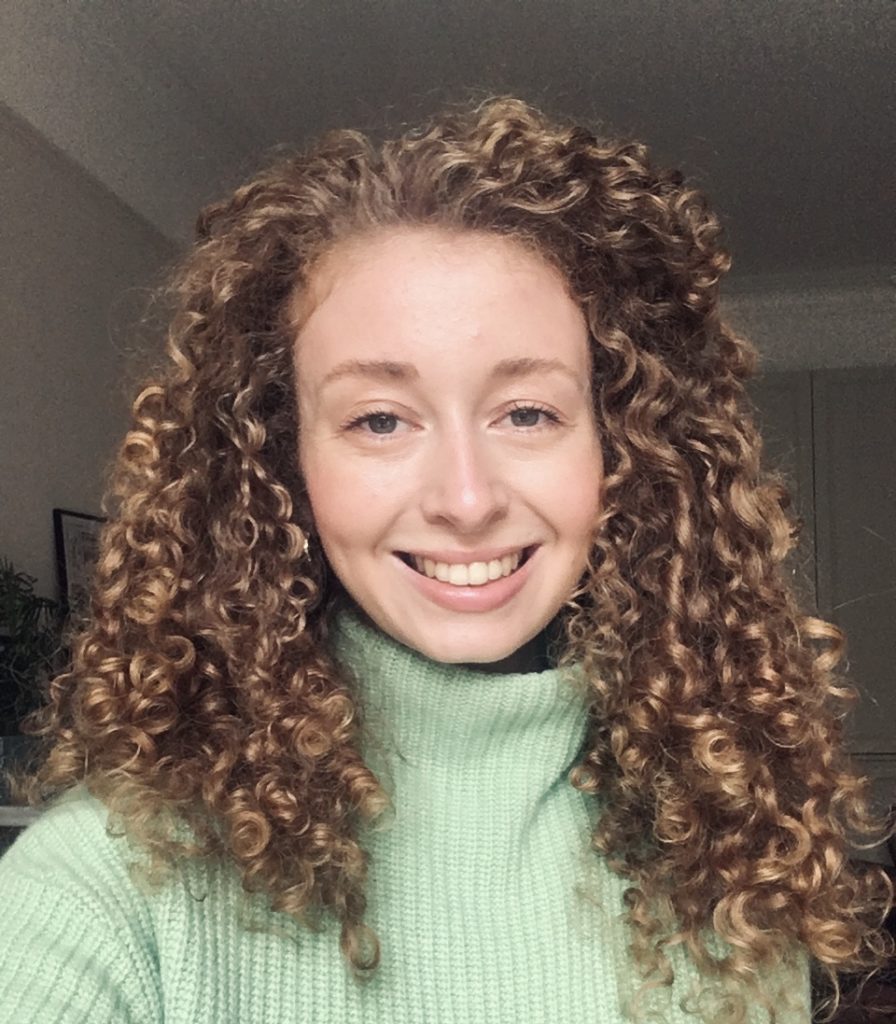

Biography
Holly Fletcher is a Research Associate on the Wellcome Trust funded project ‘Sleeping Well in the Early Modern World’ at the University of Manchester. She holds a PhD from the University of Cambridge and previously taught at the University of Sussex. Her research focuses on the history of the body, material culture and environments in the early modern German and English speaking world.
Topic
‘Sleeping Well in the Early Modern World’ project, University of Manchester
This talk provides an introduction to early modern understandings of sleep in relation to both physical and mental health. It examines how early modern people conceived of the physiological causes of sleep, as well as its purpose and benefits for body and mind. Sleep’s importance for health and wellbeing was manifested in daily practices and remedies aimed at securing peaceful sleep – this talk will also offer an overview of early modern methods for sleeping well.
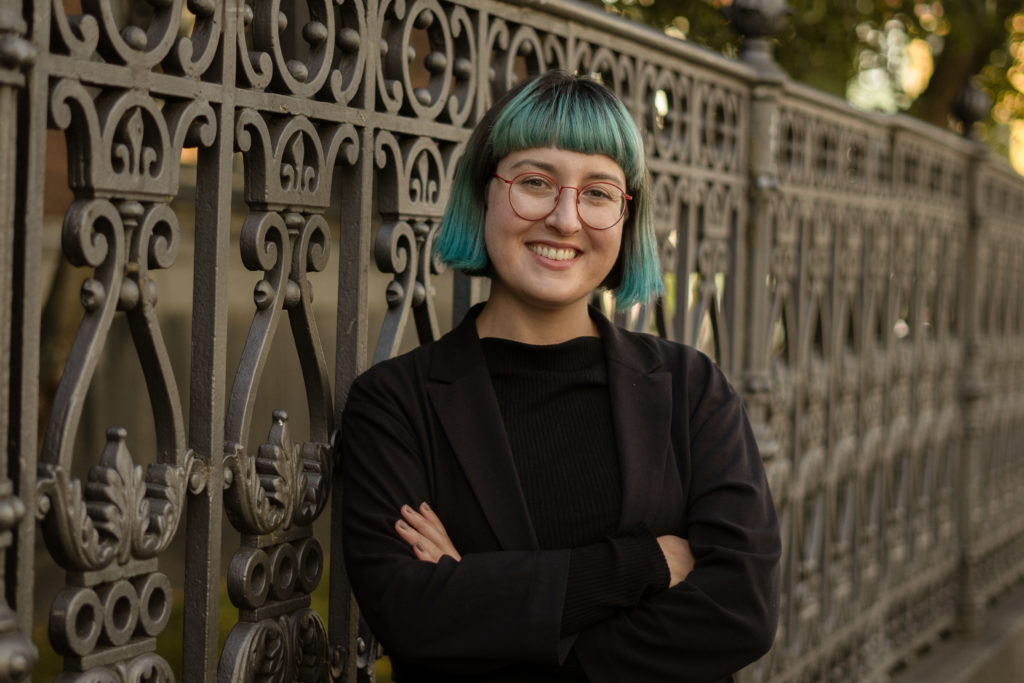

Biography
Kristin Hussey, PhD is Lecturer in Environmental History at Newcastle University. Her current research focuses on the history of sleep and circadian rhythms in the modern period. Her second book, Body Clock: A History, is under contract with Polity Press.
Topic
On the night shift: Work and sleep in the 20th Century
Today in the UK, about 8.7 million people work the night shift. Shift working is the backbone of a 24/7 economy. But how did it become so? In my talk, I will explore the history of shift work and in particular working at night. Since the turn of the 20th century, the capitalist economy, industrial wars and the incorporation of women into the workforce all contributed to a surge in shift working practices in Europe and America. These societal changes were supported by scientific and medical research which aimed to use ‘rational’ principles to maximize individual productivity. The human body was viewed as a kind of machinery which could be optimized for maximum output – any time of day or night. If sleep could be adjusted to adapt to shift working schedules, who was to say we even needed to sleep at all?
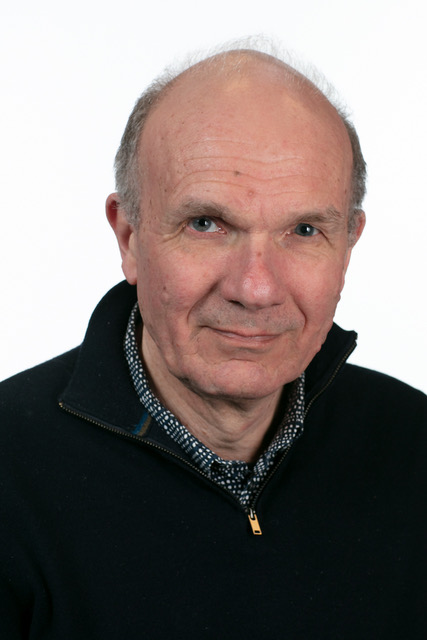

Biography
Eric Clarke is Emeritus Professor of Music at the University of Oxford, and an Emeritus Fellow of Wadham College. He studied music at the University of Sussex and completed a PhD in psychology at the University of Exeter. He held posts at City University, London, the University of Sheffield, and was Heather Professor of Music at Oxford. He has published on topics very broadly within the psychology of music. He is a member of Academia Europaea, and a Fellow of the British Academy.
Topic
Music and kinds of consciousness
Music has long been associated with particular kinds of consciousness: in rituals and ceremonies, clubs and concert halls music has changed people’s minds and behaviours. DJ and medic Michael Diamond and music psychologist Eric Clarke delve into the musical and psychological factors that underlie music’s capacity to shape our consciousness, energise multi-day dance parties and lull us to sleep – illustrated with excerpts from Michael’s end of evening DJ set.
Please note this is a joint panel discussion with Dr. Michael Diamond
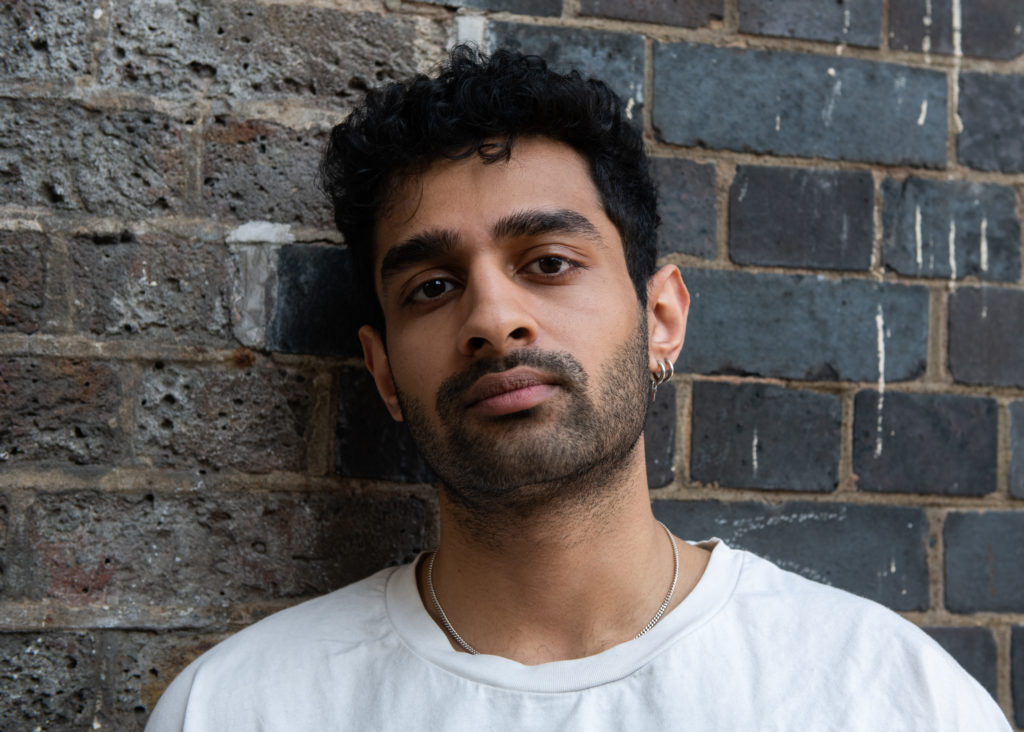

Biography
Michael Diamond is an electronic-jazz musician, researcher and medical doctor co-running the Vasuki Sound label. During his medical studies at Oxford he released his debut album Third Culture and performed across the UK and beyond
Topic
Music and kinds of consciousness
Music has long been associated with particular kinds of consciousness: in rituals and ceremonies, clubs and concert halls music has changed people’s minds and behaviours. DJ and medic Michael Diamond and music psychologist Eric Clarke delve into the musical and psychological factors that underlie music’s capacity to shape our consciousness, energise multi-day dance parties and lull us to sleep – illustrated with excerpts from Michael’s end of evening DJ set.
Please note this is a joint panel discussion with Professor Eric Clarke
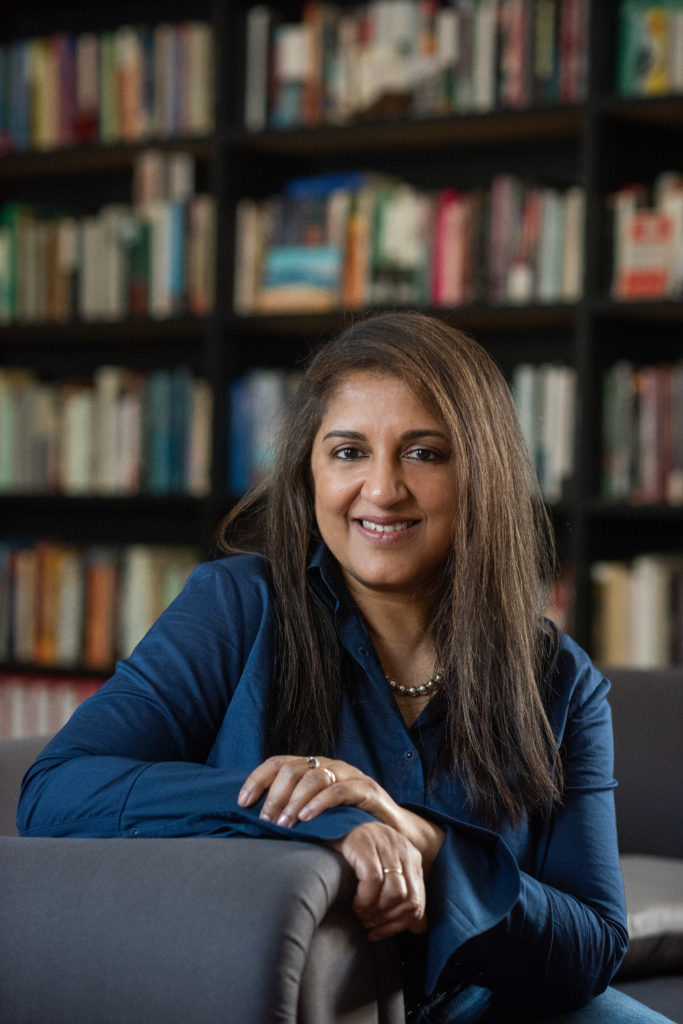

Biography
Ankhi Mukherjee is Professor of English and World Literatures at the University of Oxford and a Fellow of Wadham College. Her most recent monograph, Unseen City: The Psychic Lives of the Urban Poor (Cambridge University Press, 2021), has won Columbia University’s Robert S. Liebert Award for “outstanding scholarship in the field of applied psychoanalysis.” Mukherjee’s second monograph, What Is a Classic? Postcolonial Rewriting and Invention of the Canon (Stanford UP, 2014), was awarded the British Academy Rose Mary Crawshay Prize in English Literature. Her other publications include Aesthetic Hysteria: The Great Neurosis in Victorian Melodrama and Contemporary Fiction (Routledge, 2007), and the collections of essays she has edited, namely A Concise Companion to Psychoanalysis, Literature, and Culture (with Laura Marcus, Wiley-Blackwell, 2015) and After Lacan (Cambridge University Press, 2018). She has recently co-edited (with Ato Quayson) a collaborative volume titled Decolonizing the English Literary Curriculum (Cambridge UP, 2023). Mukherjee has published in PMLA, MLQ, Contemporary Literature, Parallax, and theCambridge Journal of Postcolonial Literary Inquiry, and sits on the editorial boards of several peer-reviewed journals. She has been a postdoctoral research fellow of the British Academy (2003-2006), a visiting fellow at the Humanities Research Centre at the Australian National University (2015), and the John Hinkley (Visiting) Professor at Johns Hopkins University (2019). She was invited faculty at Cornell University’s School of Criticism and Theory in 2019 and Harvard University’s Institute for World Literature (IWL) in 2023 and 2024. At present, Mukherjee has two books under contract. She is writing A Very Short Introduction to Postcolonial Literature in the widely circulated VSI series (Oxford UP, 2025) and Mavericks and Charlatans: Empire, Modernity, and the Authorization of Dreams (Princeton UP, 2026).
Topic
To write like a Dream
In this talk, I examine works of literature which present themselves as psychological curiosities by using dreaming as a modality of displaced, unintentional, or even reluctant authorship. What is it to write in, of, or like a dream? Who has the right to dream and who, conversely, is burdened with the nightmare of history? Themes to be considered include: dream-composition and the composition of dreams; narrative vs. lyrical form; the mediation of colonial commodities like opium or travelogues as what Nigel Leask calls “psychotropic technology”; artistic autonomy vs. discursive formations of and cultural influences on dream mentation; the yoking of opposites and extremes in the compacted economy of the dream. The literary works discussed include Samuel Taylor Coleridge’s “Kubla Khan,” Thomas De Quincey’s Confessions of An English Opium-Eater, and Charles Dickens’s “An Italian Dream.”
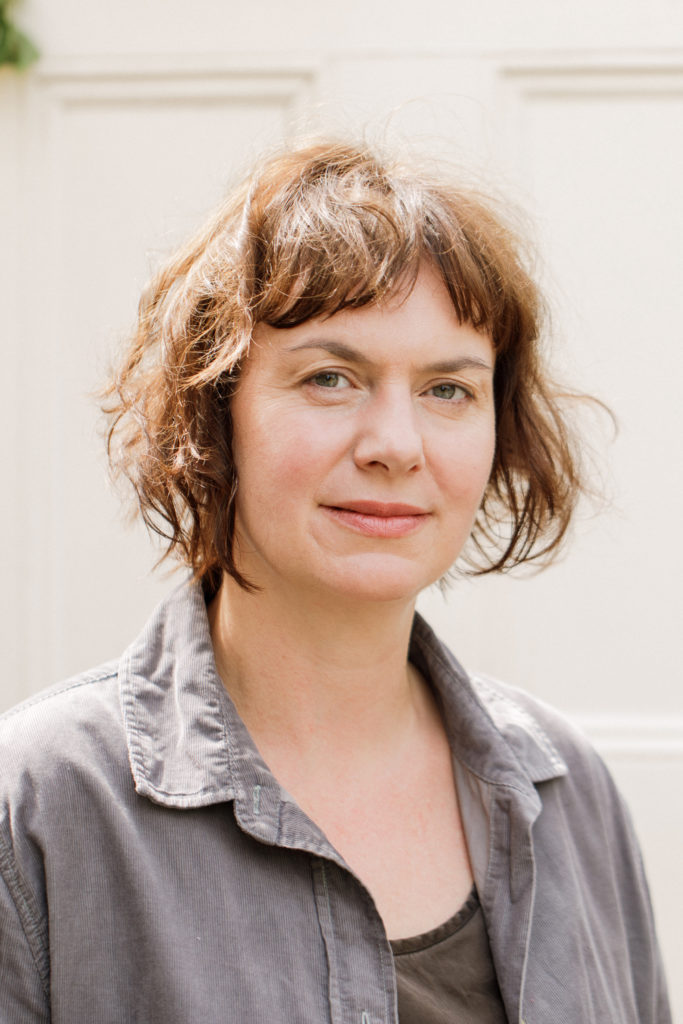

Biography
Tiffany Watt Smith is a writer and historian. She is author of the forthcoming book Bad Friend: A Century of Rebellious Friendships (UK: Faber&Faber, US: Macmillan, 2025), and three other books about emotions and their histories:Schadenfreude, The Book of Human Emotions, and On Flinching, as well as a TED talk ‘The History of Human Emotions’. She is Reader (emerita) in Cultural History at Queen Mary University of London, where she was previously Director of the Centre for the History of Emotions. In 2019, she won the Philip Leverhulme Prize, and her research has been supported by awards from the Arts and Humanities Research Council, The British Academy and the Wellcome Trust. She is often invited as an expert contributor on BBC radio, and in 2024, was elected a fellow of the Royal Historical Society.
Topic
Performing Sleep
We live in a world where we are encouraged to optimise our sleep, monitoring our nights to have productive days. But what about the moments when our sleeping bodies are unruly and refuse to conform? Taking my personal experience of night terrors as its starting point, this talk explores our attempts to study and rationalise the sleeping body, and the ways our bodies and minds resist being known
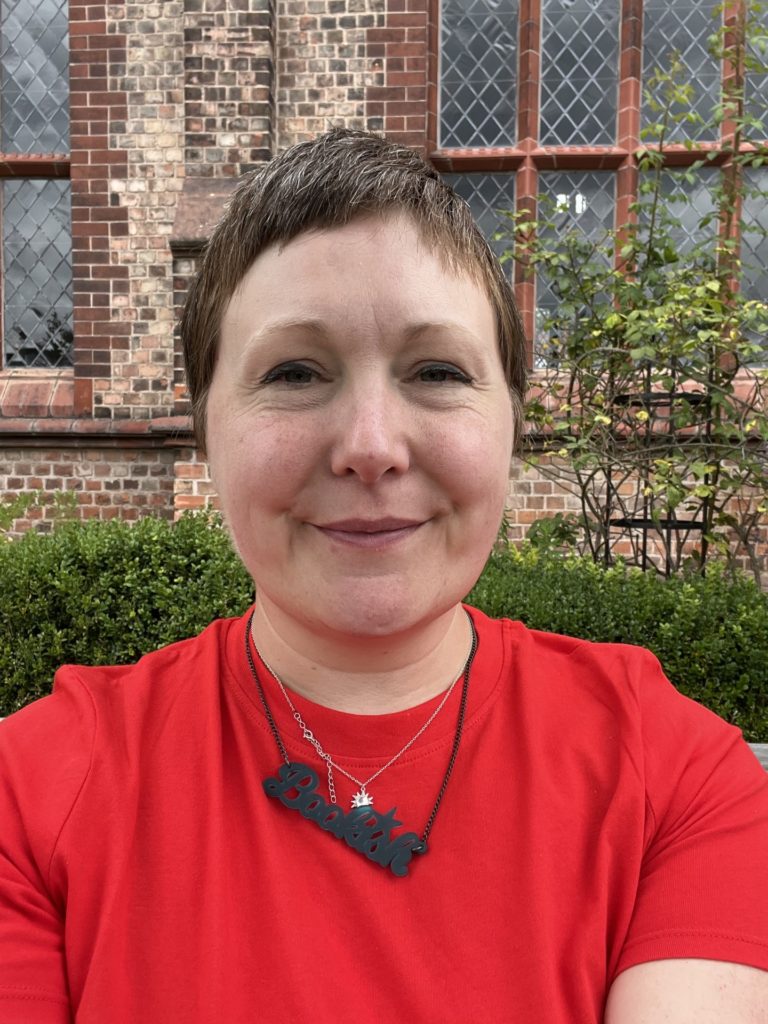

Biography
Dr Anna Fielding is part of the Sleeping Well in the Early Modern World team based at the University of Manchester and at Ordsall Hall in Salford. Anna uses the Sleeping Well project’s research and develops practical and creative workshops for families, adult learners, schools, and community groups. She is also a post-doctoral researcher on the new AHRC-funded Sleeping Well Creative Health project which uses academic research on early modern sleep to help people’s wellbeing using craft, gardening, and historical remaking workshops. Her recent work has also included early modern commensality, Catholic homes, and the benefits of history and heritage sector collaborations.
Topic
Practical Workshop: Sleep, Scent, and Sweet Bags
A hands-on practical session where we will explore scented ingredients that were used in the 16th and 17th centuries to help people sleep, purify the air of the bedchamber, deter pests, and dry or cool bodies and rooms depending on the time of year and climate. From these ingredients we will make historical linen powders and sweet bags to take home. The ingredients we will be using are: rose, camphor, camomile, mint, lemon balm, lemon and orange peel, frankincense, violet petals, lavender, and cloves. Our session will follow on nicely from Dr Holly Fletcher’s paper on the ‘Sleeping Well in the Early Modern World’ project, University of Manchester.
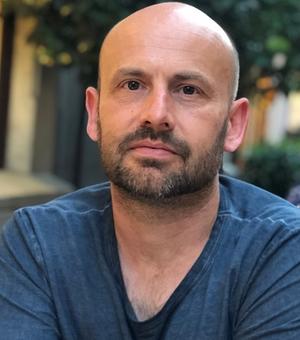

Biography
Matthew Bevis is a Professor of Literature at the University of Oxford. His books include Comedy: A Very Short Introduction (2012) and Wordsworth’s Fun (2019). His essays have appeared in Poetry, The London Review of Books, The New York Review of Books,Raritan, and Harper’s.
Topic
On Waking
In one of her Oxford lectures a few years back, Alice Oswald noted that “If you know how to wake up, then you know how to read poetry.” This talk wonders aloud about what she might have meant by this. The OED’s only instance of the word “wakingtime” comes from a poem, but what or when, precisely, is that time? Can the process of reading poems and the action of waking shed anything more than a shady metaphorical light on each other?
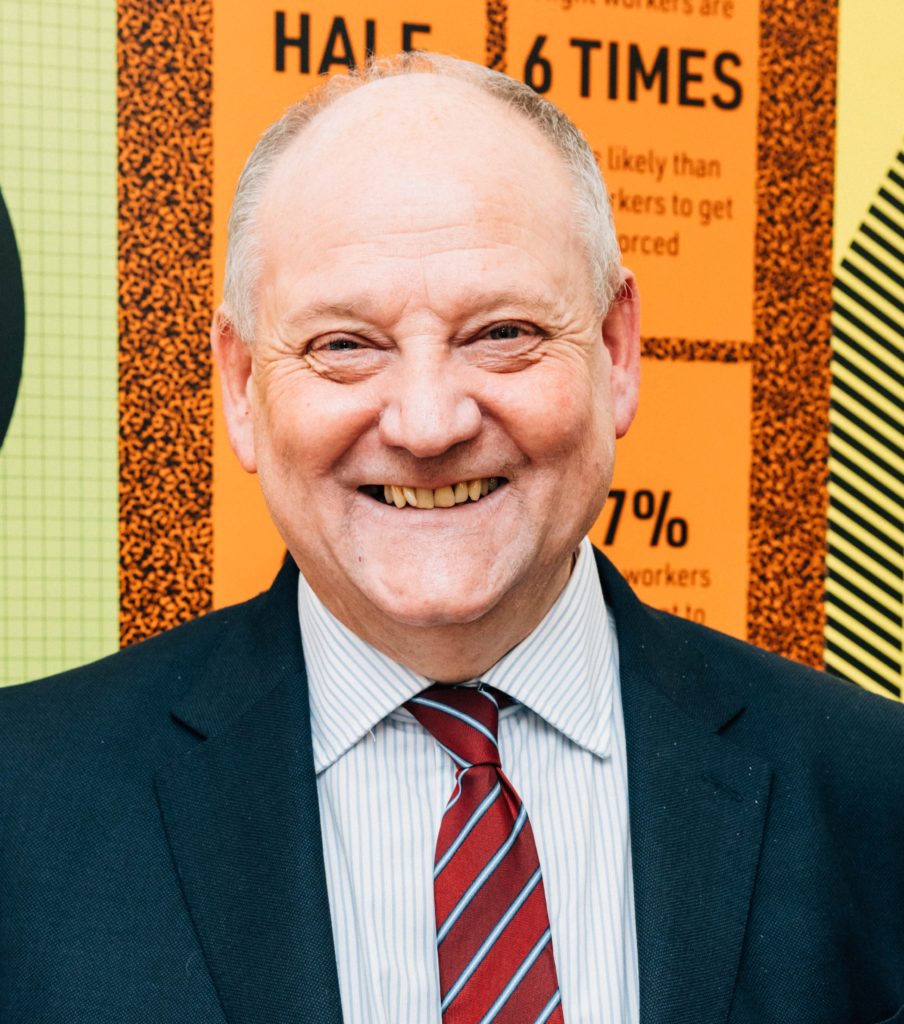

Biography
Professor Foster is the Head of Oxford’s Nuffield Laboratory of Ophthalmology, the founder and Director of the Sleep and Circadian Research Institute and is a Fellow of Brasenose College Oxford. His research addresses how circadian rhythms and sleep are generated and regulated and what happens when these systems fail as a result of societal pressures, age and disease. A key finding has been his discovery and characterisation of an unrecognised light-detecting system within the eye that regulates circadian rhythms and sleep and, most recently, the translation of these findings to the clinic. For his work, Professor Foster was elected to the Fellowship of the Royal Society in 2008, the Royal Society of Biology in 2011 and the Academy of Medical Sciences in 2013. Russell was honoured by being appointed as a Commander of the British Empire (CBE) in 2015 for services to science. He has been a member of the Governing Council of the Royal Society, and he established and led for six years the Royal Society Public Engagement Committee. He was the Chair of the Cheltenham Science Festival for six years and a Trustee of the Science Museum for eight years. Professor Foster has published over 300 scientific papers and has received multiple national and international awards, including most recently the “Daylight Prize”. He has co-written four popular science books and his fifth for Penguin entitled LifeTime was published in March 2022 and became a bestseller in both hardback and paperback.


Biography
Dr Nayantara Santhi is an Associate Professor in the Department of Psychology at Northumbria University, Newcastle. Her group focuses on two strands of research: (a) the non-visual effect of light on circadian physiology and behaviour and (b) the circadian and sleep-dependent regulation in cognition. She has pioneered work on manipulating the timing, intensity and wavelength light to charecterise its effect on circadian physiology, sleep and cognition. More recently her work has focused on characterising (a) individual differences in non-visual effects of light and how they are impacted by biosocial factors in the real world and (b) light mediated circadian modulation in the social brain.
Topic
Light, the Biological Clock and Mental Health
From the dawn of civilization, humans have worshipped the sun as the giver of time, health and wellbeing. Modern science supports this viewpoint. Natural light serves as a time signal for our brain and regulates its functions in ways that shape our mental health and wellbeing. Alertness, mood and sleep, all indicators of mental health, are all regulated by daily changes in daylight. The circadian rhythms of alertness, mood and sleep are all synchronised by daily changes in light and darkness through the sensitivity of the circadian clock to light. This talk will focus on how the relationship between light, the biological clock and sleep impacts our mental health.

Mediale presents
Tues 19-Weds 20 Nov
Cheng Kar Shun Digital Hub, Jesus College
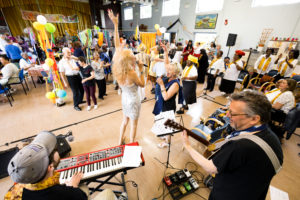
Hosted by Kit Green and Dr Caroline Green
Fri 15 Nov
St Luke’s Chapel
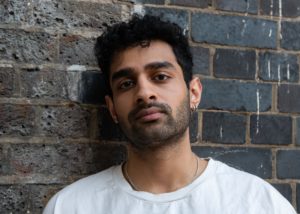
A DJ set by Michael Diamond
Wed 20 Nov
Oxford University Museum of Natural History
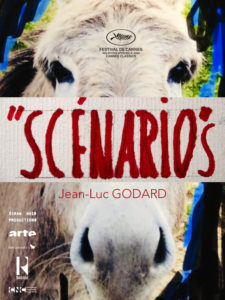
The Cultural Programme at Oxford University present, in partnership with the Ultimate Picture Palace
Screenings: Trailer of the Film that Will Never Exist: ‘Phony Wars’, Scénarios & Exposé du Film annonce du film “Scénario”, followed by Q&A with Fabrice Aragno
Thu 23 Jan
The Ultimate Picture Palace